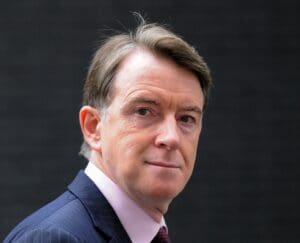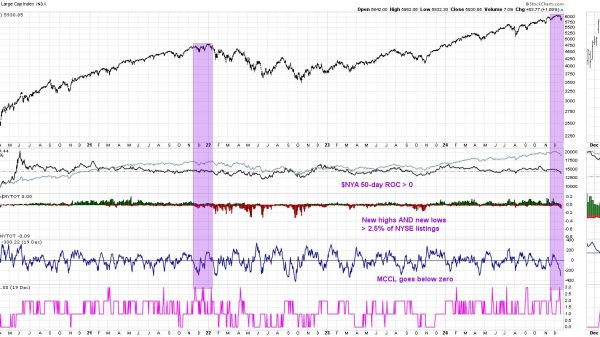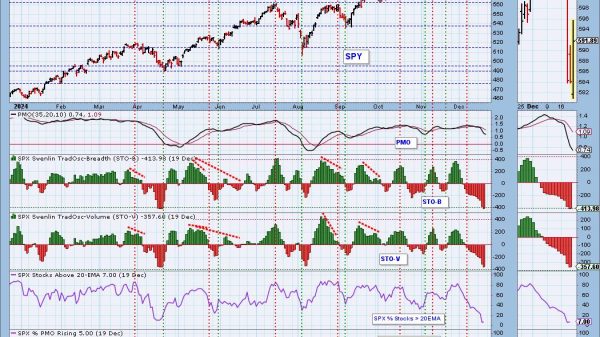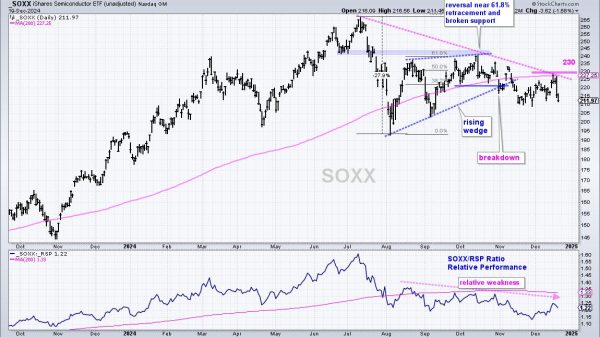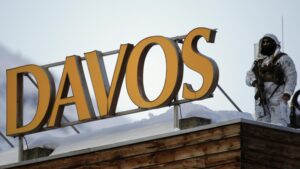The cost of living crisis is the biggest risk facing the global economy this year, the World Economic Forum has warned ahead of its annual meeting in Davos.
About 1,200 industry executives and policymakers listed the most severe risks over a two and ten-year horizon, with the cost of living at the top of short-term concerns. This was followed by the threat of natural disaster, geoeconomic confrontation, failure to mitigate climate change, and societal polarisation.
World leaders and business executives will convene in the Swiss mountain resort of Davos next week for the first winter forum summit since 2020. The war in Ukraine, a looming global recession and trade wars will be the backdrop for the meeting, which has a pared-down cast this year.
President Biden of the US, President Xi of China and Rishi Sunak, the prime minister, will not be there. Olaf Scholz, the German chancellor, and Ursula von der Leyen, president of the European Commission, will make keynote addresses.
Every region of the world is due to suffer from falling real incomes, the World Bank has warned, with the most acute pressure in the poorest countries. UK households are on course to see an unprecedented two-year drop in disposable income as a result of high inflation, a rising tax burden and a slowing economy. Similar income squeezes are projected in the European Union.
“The next decade will be characterised by environmental and societal crises, driven by underlying geopolitical and economic trends,” the forum’s report said. “Concurrent shocks, deeply interconnected risks and eroding resilience are giving rise to the risk of polycrises where disparate crises interact such that the overall impact far exceeds the sum of each part.”
Read more:
Cost of living is biggest risk to world economy, says Davos forum





